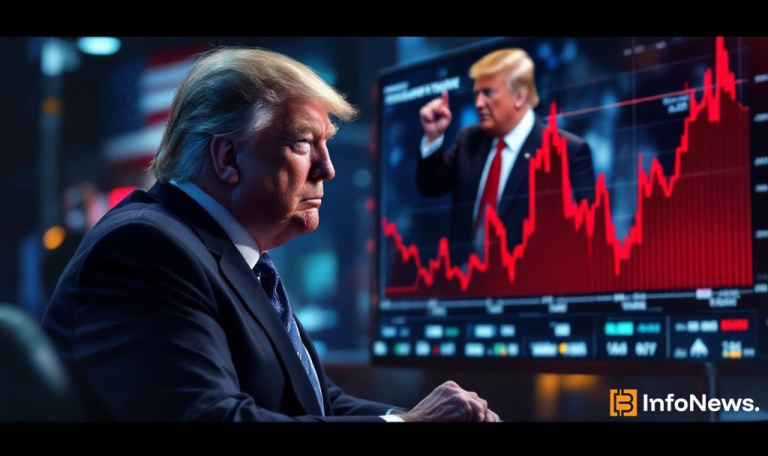CFTC to Allow Offshore Crypto Exchanges for U.S. Traders
- CFTC allows offshore exchanges to access U.S. via FBOT registration.
- Regulatory clarity impacts BTC and ETH trading.
- Increased institutional participation expected.

The CFTC has issued new guidance allowing non-U.S. crypto exchanges to register via FBOT for U.S. market access, impacting trading activities and regulatory landscapes.
This regulatory shift could enhance liquidity in U.S. crypto markets and increase institutional participation, offering clearer, safer trading paths for global digital asset exchanges.
The U.S. Commodity Futures Trading Commission (CFTC) reveals new guidance for offshore crypto exchanges, allowing them direct U.S. market access under specific registrations.
The announcement may shift crypto trading volumes domestically, encouraging both institutional and individual participation in globally accessible platforms.
CFTC Opens U.S. Market Access for Offshore Exchanges
The CFTC has unveiled a new advisory facilitating offshore exchanges to enter the U.S. market with Foreign Board of Trade (FBOT) registration, marking a major regulatory shift.
Acting Chair Caroline D. Pham emphasized the goal of providing U.S. traders with choices in global markets through a regulated framework for non-U.S. exchanges.
Enhancing Liquidity in BTC and ETH Markets
The advisory is expected to encourage trading activities to shift back to U.S.-regulated platforms, directly affecting BTC, ETH, and other digital assets. This change could increase liquidity.
By enhancing global market access, the CFTC aims to boost institutional participation in derivatives and spot products, reflecting an openness to align with international standards.
CFTC Seeks to Mirror EU’s Cross-Border Success
Historically, similar frameworks like the EU’s MiFID/MiCA have successfully provided cross-border access. The CFTC seeks to replicate this success by clarifying access rules.
Potential outcomes include increased liquidity for U.S. markets and broader adoption patterns for digital assets as trading activities become more integrated and globally regulated.
Caroline D. Pham, Acting Chairman, CFTC, “By using this framework to provide regulatory clarity for non-U.S. exchanges, whether traditional or digital asset markets, that are in jurisdictions with comparable regulatory regimes to the U.S., this is the fastest way that we can legally onshore trading activity efficiently and safely under CFTC regulations and open up U.S. markets to the rest of the world.” – CFTC
| Disclaimer: The information on this website is for informational purposes only and does not constitute financial or investment advice. Cryptocurrency markets are volatile, and investing involves risk. Always do your own research and consult a financial advisor. |




